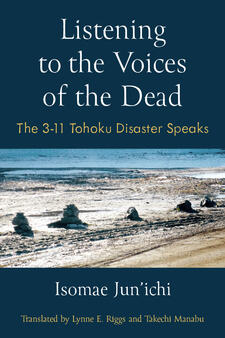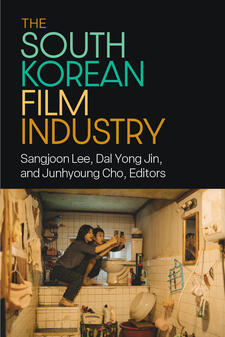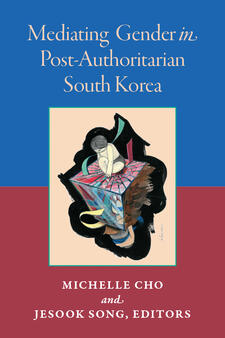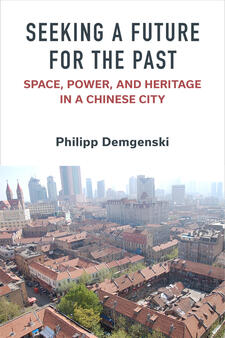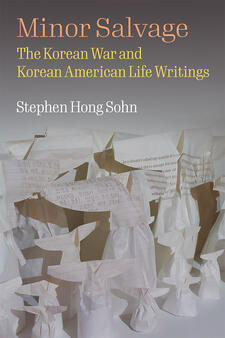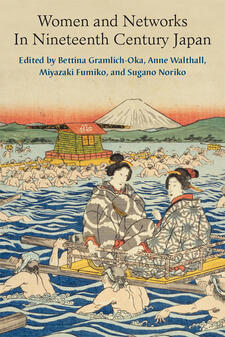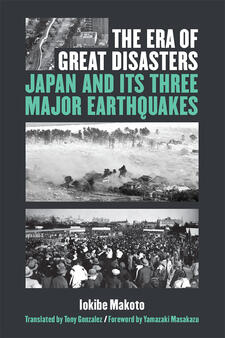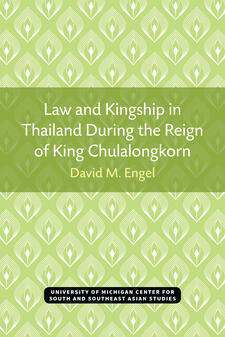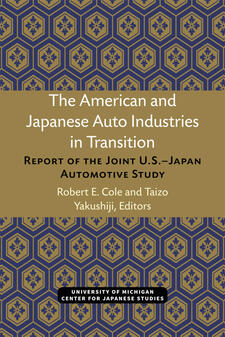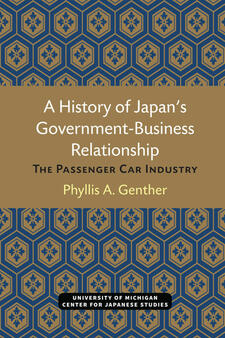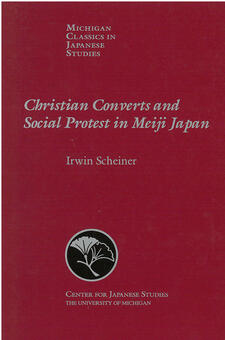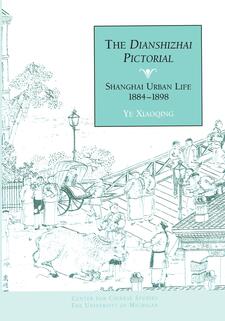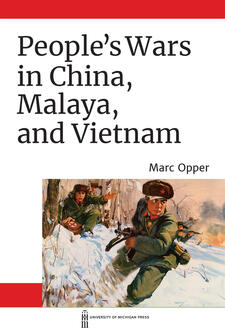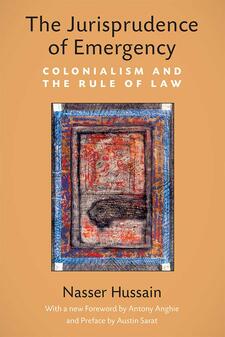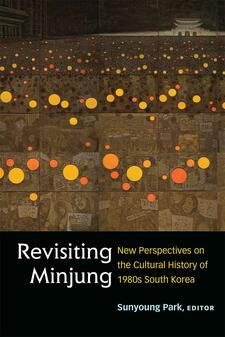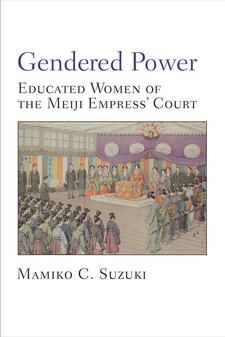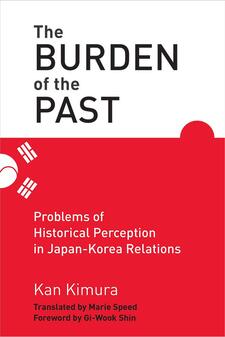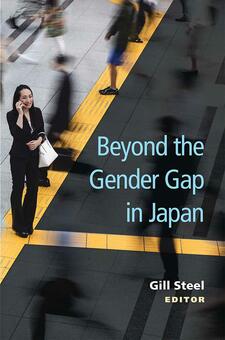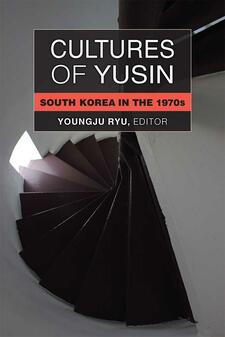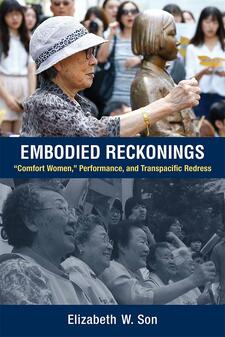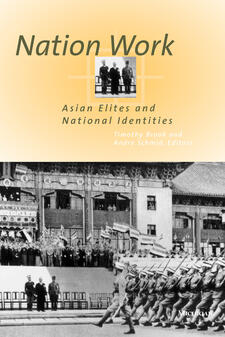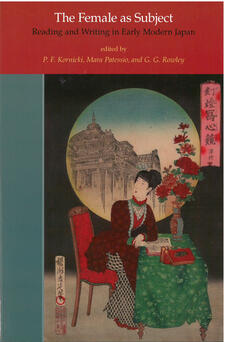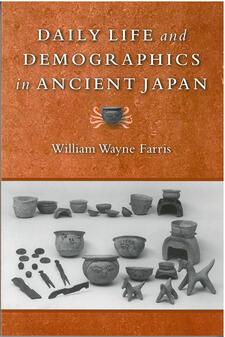Michigan Publishing
-
Explore our publications and services.
University of Michigan Press
Publishes award-winning books that advance humanities and social science fields, as well as English language teaching and regional resources.
Michigan Publishing Services
Assists the U-M community of faculty, staff, and students in achieving their publishing ambitions.
Deep Blue Repositories
Share and access research data, articles, chapters, dissertations and more produced by the U-M community.
Fulcrum
A community-based, open source publishing platform that helps publishers present the full richness of their authors' research outputs in a durable, discoverable, accessible and flexible form. Developed by Michigan Publishing and University of Michigan Library.
-
Books
Books
-
Browse Our Books
- See All Books
- By Subject
- By Author
- By Series
- Distributed Clients
- Catalogs
-
Feature Selections
- New Releases
- Forthcoming
- Bestsellers
- Great Lakes
-
-
ELT
English Language Teaching
-
By Skill Area
- Academic Skills/EAP
- ESP
- Grammar
- Listening
- Reading
- Speaking
- Teacher Training
- Writing
-
-
For Authors
For Authors
-
Prospective Authors
- Why Publish with Michigan?
- Open Access
- Our Publishing Program
- Submission Guidelines
-
-
Resources
Resources
-
For Instructors
- Exam Copies
- Desk Copies
-
For Librarians and Booksellers
- Our Ebook Collection
- Ordering Information for Booksellers
-
For Media
- Review Copies
-
- Open Access
-
About
About
-
Background and Contacts
- About the Press
- Customer Service
- Staff Directory
-
News and Information
- News/Blog
- Careers
- Conferences and Events
-
Policies and Requests
- Rights and Permissions
- Accessibility
- Privacy
-
- shopping_cartCart


